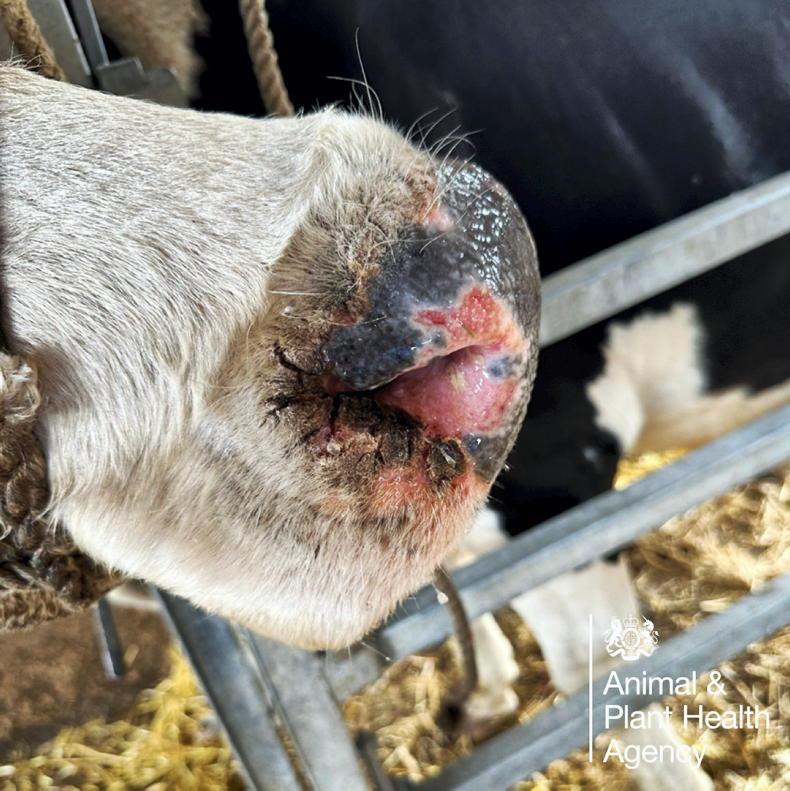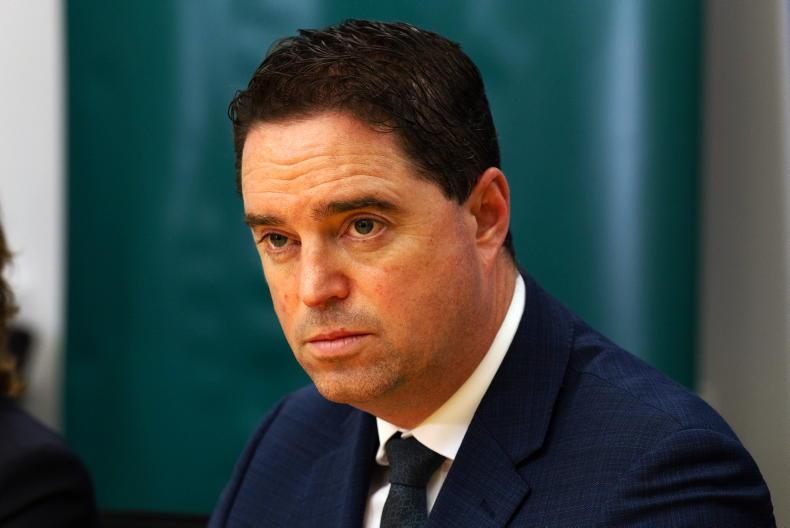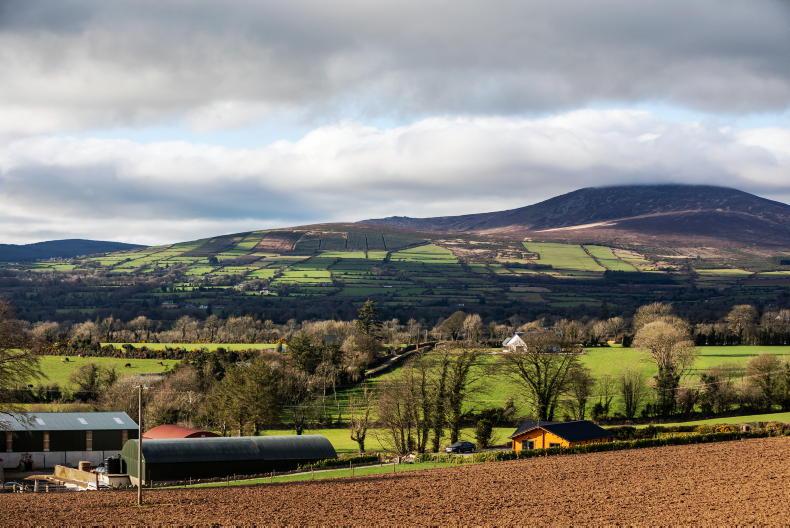Farmers in NI could go out of business unless there is a deal that minimises trade friction across these islands, two Belfast based academics told MLAs on the Stormont Agriculture committee last Thursday.
In their evidence, Dr Viviane Gravey and Dr Mary Dobbs from Queen’s University explained that the Ireland/NI protocol agreed as part of the Withdrawal Agreement between the UK and EU will limit the amount NI can diverge from EU law.
“The rest of the UK is free to do whatever it likes within international constraints. What would be preferable for NI, both to keep competition equal and ensure our market access is truly unfettered, is for the rest of the UK to comply with those specific (EU) baselines,” said Mary Dobbs.
Her colleague Viviane Gravey pointed out that agri-food supply chains across the UK and Ireland are closely intertwined, so if Britain diverges from EU standards that would lead to more paperwork and bureaucracy for processors and higher costs passed on to farmers.
The rest of the UK is free to do whatever it likes within international constraints
“More divergence ends up costing more for farmers. So it is business going out of business,” she suggested.
She also warned of the potential for cheap food imports from outside the EU which are produced to lower standards, ultimately undercutting local suppliers.
“We need a UK wide regulatory floor so that there is no undercutting within the UK, but that this same regulatory floor is then applied to our imports,” Gravey told MLAs.
The two academics were also asked about potential changes to direct payments, and how this might affect farmers.
They repeated warnings made by a colleague at Cardiff University, Dr Ludivine Petetin, that 30% of farms (in Wales) could disappear if direct payments were removed, suggesting that a similar scenario would apply in NI.
“That would have important consequences for the economy, for society, for individuals and for the environment. Land abandonment can have negative consequences for the environment,” insisted Dobbs.
Land abandonment can have negative consequences for the environment
Spending
While she accepted that the UK government has guaranteed payments to the end of the current Parliament (in 2024), she argued that the spending will have to be justified more in the future.
A specific issue for the devolved parts of the UK is that the current share of funding is based on historic allocations of CAP money, not the usual Barnett formula (based on population).
For example, NI receives over 9% of UK payments, but under a Barnett formula this would fall to only 3%.
Some of these issues were touched on by Lord Bew in his report on how £190m of CAP convergence money (which came to the UK because it has an average payment per hectare less than 90% of the EU average) should be allocated across the UK.
“Bew didn’t go that far. One thing to consider is to push Westminster to agree to a broader review based on needs,” suggested Dobbs.
When it comes to getting funding support in the future, the QUB academics pointed out that NI will have to emphasise the important role that farming has in addressing issues around climate change and biodiversity.
“That is going to be the language that the UK Treasury understands the most,” said Gravey.
Read more
UK opens consultation on global tariff policy
UK confirms border checks
Farmers in NI could go out of business unless there is a deal that minimises trade friction across these islands, two Belfast based academics told MLAs on the Stormont Agriculture committee last Thursday.
In their evidence, Dr Viviane Gravey and Dr Mary Dobbs from Queen’s University explained that the Ireland/NI protocol agreed as part of the Withdrawal Agreement between the UK and EU will limit the amount NI can diverge from EU law.
“The rest of the UK is free to do whatever it likes within international constraints. What would be preferable for NI, both to keep competition equal and ensure our market access is truly unfettered, is for the rest of the UK to comply with those specific (EU) baselines,” said Mary Dobbs.
Her colleague Viviane Gravey pointed out that agri-food supply chains across the UK and Ireland are closely intertwined, so if Britain diverges from EU standards that would lead to more paperwork and bureaucracy for processors and higher costs passed on to farmers.
The rest of the UK is free to do whatever it likes within international constraints
“More divergence ends up costing more for farmers. So it is business going out of business,” she suggested.
She also warned of the potential for cheap food imports from outside the EU which are produced to lower standards, ultimately undercutting local suppliers.
“We need a UK wide regulatory floor so that there is no undercutting within the UK, but that this same regulatory floor is then applied to our imports,” Gravey told MLAs.
The two academics were also asked about potential changes to direct payments, and how this might affect farmers.
They repeated warnings made by a colleague at Cardiff University, Dr Ludivine Petetin, that 30% of farms (in Wales) could disappear if direct payments were removed, suggesting that a similar scenario would apply in NI.
“That would have important consequences for the economy, for society, for individuals and for the environment. Land abandonment can have negative consequences for the environment,” insisted Dobbs.
Land abandonment can have negative consequences for the environment
Spending
While she accepted that the UK government has guaranteed payments to the end of the current Parliament (in 2024), she argued that the spending will have to be justified more in the future.
A specific issue for the devolved parts of the UK is that the current share of funding is based on historic allocations of CAP money, not the usual Barnett formula (based on population).
For example, NI receives over 9% of UK payments, but under a Barnett formula this would fall to only 3%.
Some of these issues were touched on by Lord Bew in his report on how £190m of CAP convergence money (which came to the UK because it has an average payment per hectare less than 90% of the EU average) should be allocated across the UK.
“Bew didn’t go that far. One thing to consider is to push Westminster to agree to a broader review based on needs,” suggested Dobbs.
When it comes to getting funding support in the future, the QUB academics pointed out that NI will have to emphasise the important role that farming has in addressing issues around climate change and biodiversity.
“That is going to be the language that the UK Treasury understands the most,” said Gravey.
Read more
UK opens consultation on global tariff policy
UK confirms border checks









SHARING OPTIONS